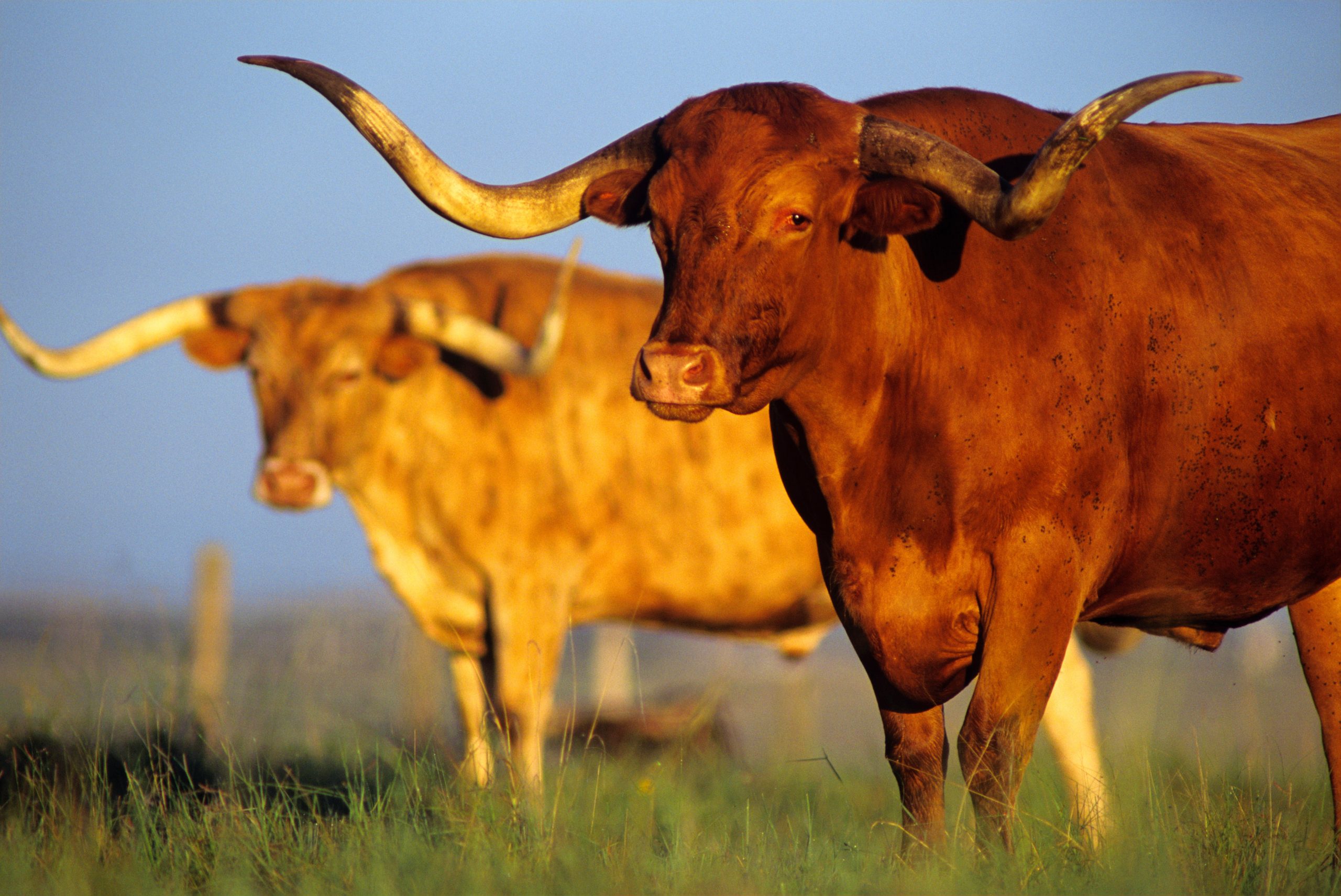Jason Goodwin: The eccentric millionaire who conned me into buying a dodgy potato peeler, and other tales of the unexpected
Jason Goodwin revels in unexpected revelations from friends and strangers.

Exquisite houses, the beauty of Nature, and how to get the most from your life, straight to your inbox.
You are now subscribed
Your newsletter sign-up was successful
There is a rule that nobody may ever know anything about other people’s marriages, a rule succinctly wrapped up in the old Yorkshire adage that there’s nowt so queer as folk.
We are surrounded by unexpectedness. Things you thought you knew turn out to be absolute fiction. Authors you supposed to be dull prove to be scintillating, recipes that sounded disgusting turn out to be delicious, people you trusted reveal themselves as crooks. And, sometimes, vice versa.
I was crossing Union Square in New York City once when I noticed a man surrounded by vegetables and a small crowd. He was a high-pressure potato-peeler salesman doing a terrific job of demonstrating the irresistible power of his patter and a little patent vegetable peeler that was, he said, both uniquely versatile and unbelievably cheap.
‘I’m not asking 10 dollars,’ he said, as he wound up his demo. ‘I’m not asking five.’
"I came across an article in The New Yorker that identified him as an eccentric millionaire who sold his vegetable peelers on the street for fun"
I had little faith in the peeler, only a vague sense that the salesman was an ex-con going straight, so I bought one, slightly as one might put money in a performer’s cap.
That very day, to my astonishment, I came across an article in The New Yorker that identified him as an eccentric millionaire who sold his vegetable peelers on the street for fun. My confidence in the peeler grew, but when I got home and used it on a carrot it was a complete dud. That taught me something about millionaires.
Patricia runs the farm shop, selling the longhorn beef her husband raises on the hills that surround us. John’s husbandry is legendary, so I was surprised to find it was Patricia who had begun the herd. She was housemistress at a nearby girls’ public school for 20 years. On her retirement, they had asked her what she might like as a leaving present. A set of elegant dining chairs were mentioned, perhaps as a guide. She asked for ‘a Dorset longhorn cow, in calf, with calf at foot’. They gave her the cow and she founded the herd. They also gave her the chairs.
Exquisite houses, the beauty of Nature, and how to get the most from your life, straight to your inbox.
Last week, we found ourselves bidding on a cider press, lying in pieces at Busby auction house in Dorset. There were Victorian cast-iron screws, gigantic capstan-tops and a baulk of elm the size (and weight) of standing stones, but no instructions for assembling it. A friend advised we visit the cider museum at Owermoigne. It is 15 miles off and I’d never heard of it.
"My confidence in the peeler grew, but it was a complete dud"
Front of house, a nursery for bedding plants. In the barn, a race of slumbering giants. The family that owned the place had devoted themselves to rescuing vintage cider presses from barns across Dorset, Somerset and Herefordshire. ‘The saddest thing,’ said the owner, ‘is a cider press filled with flowers on a roundabout.’
Following the Conquest, monks brought cider-making from northern France to make the first cider in England, in Dorset, only a few miles away. ‘Every village had its cider press. Almost every farm,’ she said. ‘Before you go, do look around our clock museum.’
Between serried rows of grandfather clocks, and huge, complex escapements from redundant churches was a painted, full-sized, exquisitely carved, neatly made-up traditional Chinese pagoda box bed.
‘Oh, my uncle travelled a lot. He found it for sale in Shanghai.’ I nodded, and as I paid for my erigeron, she added, unexpectedly: ‘I used to sleep in it, in London.’
The key, as I see it, is to be ready for these revelations. The traditional attitude was carpe diem — providence, as Hamlet liked to say, in the fall of a sparrow. The readiness is all. Or as Walter Benjamin once put it, every second of time was the strait gate through which the Messiah might enter.

Credit: Getty Images
Jason Goodwin: 'My friend was puzzled to discover me up a stepladder, cradling my airgun and scanning vegetable beds'
Jason Goodwin takes on the rats, and loses.

Jason Goodwin: 'I can’t think why anyone, man or bird, would want to travel abroad'
Jason Goodwin ponders the swallow's journey and Gilbert White's observations.